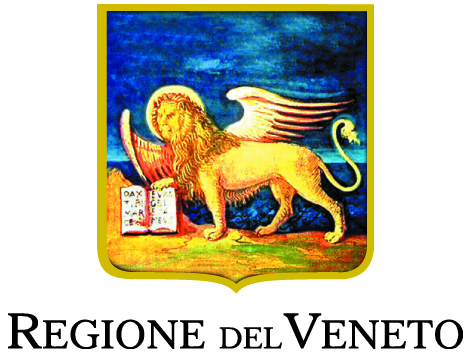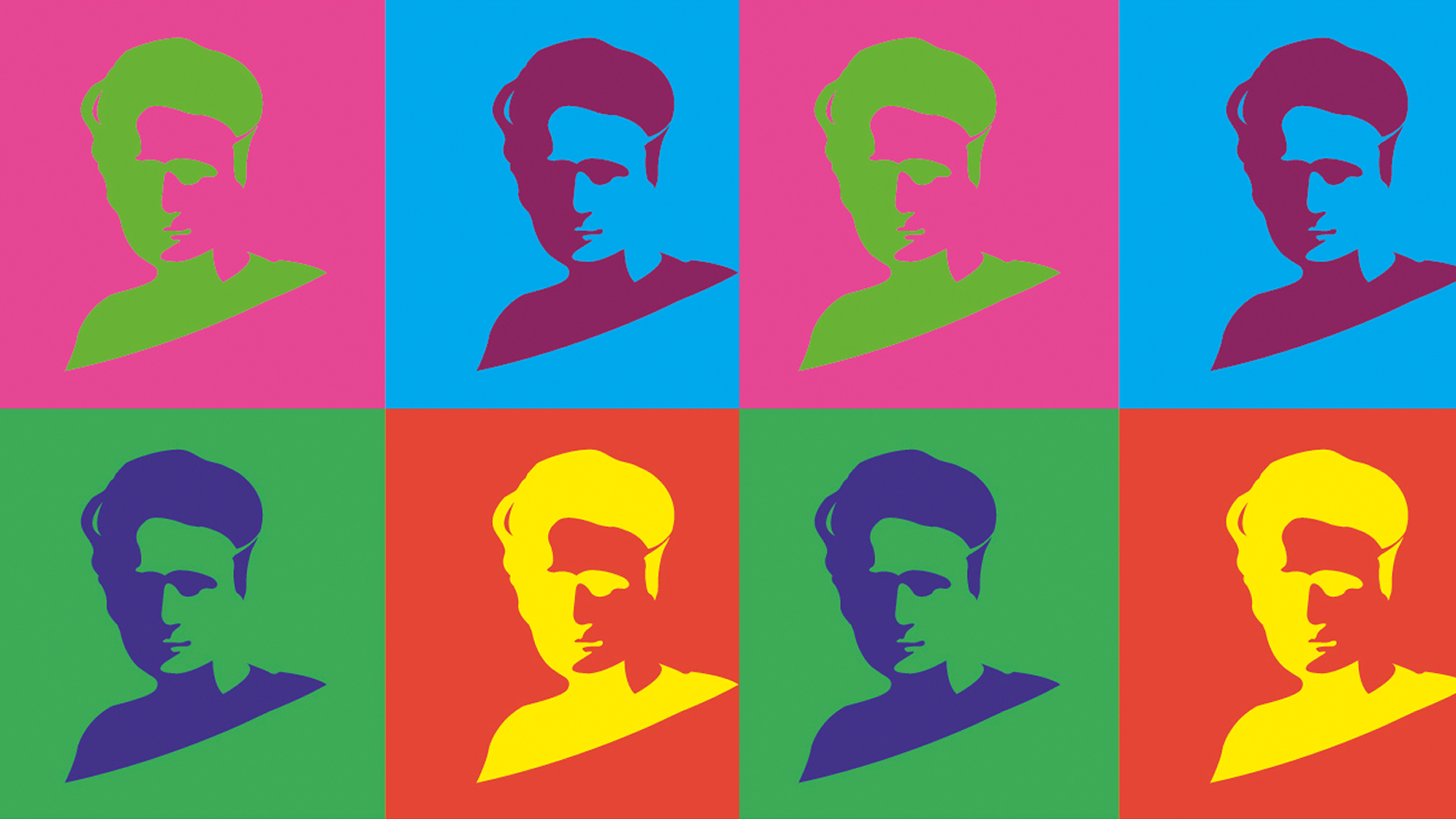 News
News
Today is the International Women’s Day!
We briefly present you the situation of female PhD students in Europe, at the University of Verona and in the INVITE doctoral programme. This is the best way to celebrate this day: to reflect on the results already achieved and what needs to be done to ensure the widest participation of women in research and innovation.
The situation in Europe
Since 2003 the European Commission monitors the gender balance in research and innovation and every third year publishes a report titled “She Figures”. The last issue was “She Figures 2015”: you can download a short brochure and the full report on EU Bookshop. The new issue should be published this year.
“She Figures” is plenty of information and analysis. Here are some facts about doctoral programmes.
Do you know how many PhD graduate are women in Europe? According to data in 2012, 47% of PhD graduates in EU Member States were women; in Italy the percentage is even higher: 53%. [1]
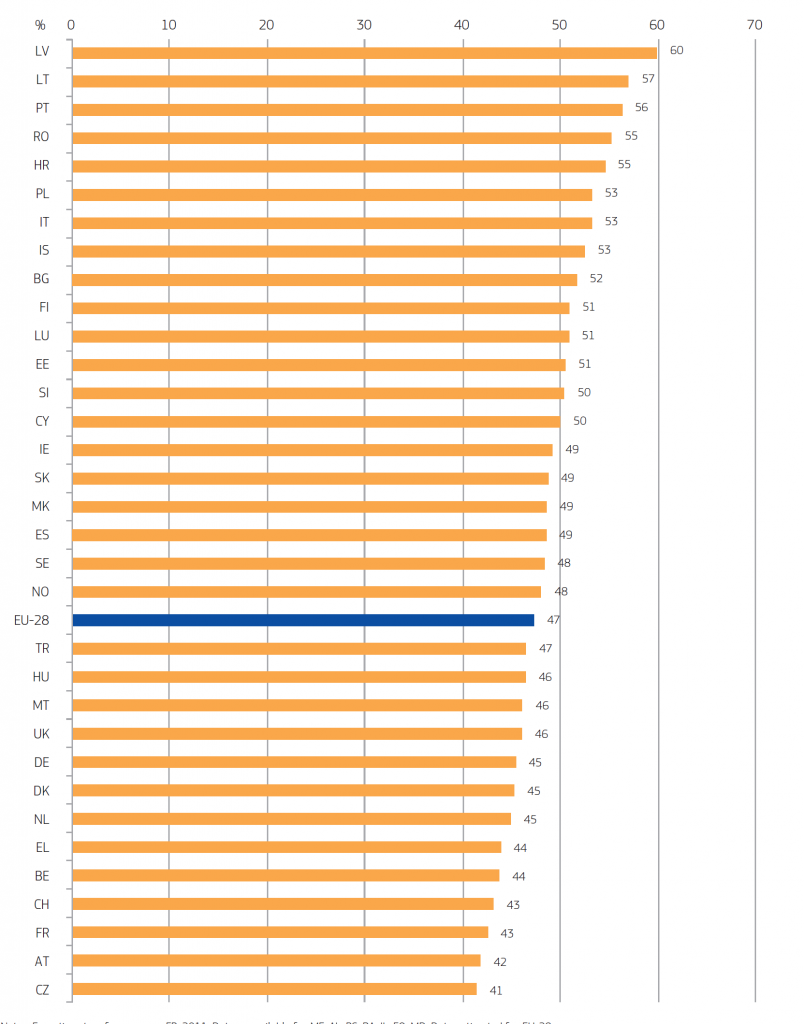
Proportion (%) of women PhD graduates, 2012 (“She Figures 2015”, page 22)
The distribution of female PhD graduates varies from one discipline to the other one. In fact, it is well known that the number of female researchers in STEM (science, technology, engineering and mathematics) disciplines still lags behind other disciplines. Again, “She Figures 2015” provides us with a deeper analysis about the PhD graduates, as shown by this table. [2]

Proportion of women PhD graduates by broad field of study, 2012 (source: She Figures 2015, page 27, Table 2.3)
The situation at the University of Verona
The University of Verona has a good balance between female and male PhD students, as shown in the following picture. Indeed, in the last four academic years more than fifty percent of the enrolled PhD candidates were female.
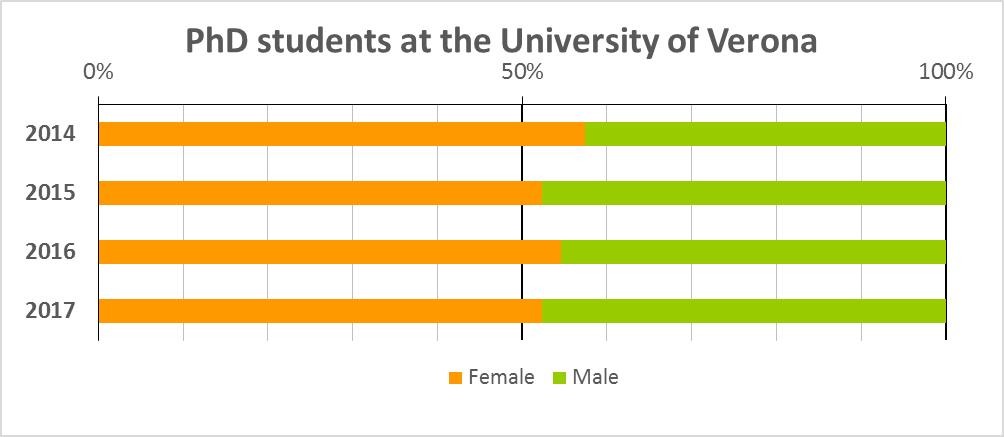
PhD students at the University of Verona per gender (2014-2017)
Nevertheless, we are committed to improve the promotion of equal opportunities and achieve a gender balance within the INVITE doctoral programme.
A balanced recruitment process
During the recruitment process we will ensure the fair treatment of candidates in terms of their gender.
Since we know that women may have a break during their study and work career, candidate can stress any breaks in his/her study or work career for parental leave, long-term illness or national service. In particular, the evaluators will be instructed to take into account these delayed graduations and any break in the candidate’s academic path.
In addition, where two candidates receive the same final score and are equally suitable for a PhD position, the candidate of the underrepresented gender in the research discipline will be given priority.
A person to ensure the equal opportunities
Prof Alessandra Cordiano has been appointed as a member of the INVITE Steering Committee as representative of the Equal Opportunities Commission of the University of Verona. Her task is to ensure that gender equality is maintained wherever possible during the project. She will monitor equality issues and suggest actions to ensure that equal opportunities are provided.
All selected INVITE PhD students will be informed about the role and activities of the Equal Opportunities Commission of the University of Verona and, notably, of Prof Alessandra Cordiano within the INVITE project.
__________
[1] She Figures 2015, page 22, Figure 2.2. “Proportion (%) of women PhD graduates, 2012”
[2] She Figures 2015, page 27, Table 2.3. “Proportion of women PhD graduates by broad field of study, 2012”
Recommended Posts
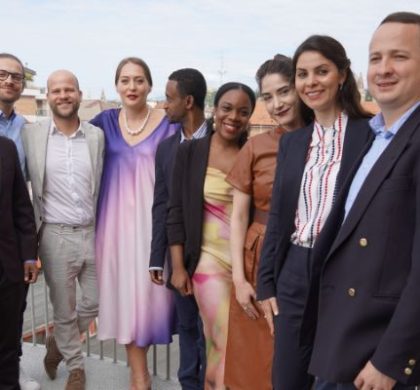
Pictures and video from the INVITE final event
26 Sep 2022 - News
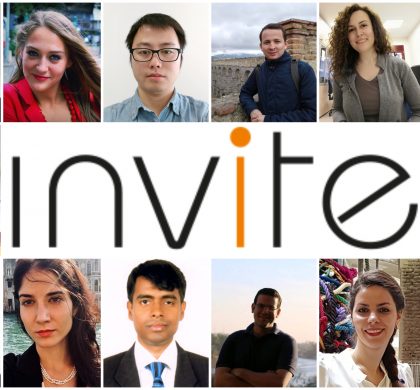
Few days to the final event of INVITE
19 Sep 2022 - News
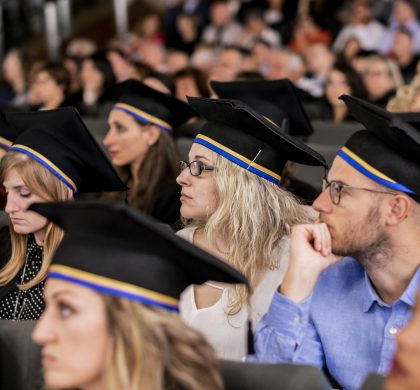
The INVITE final event is almost ready
02 Aug 2022 - News


